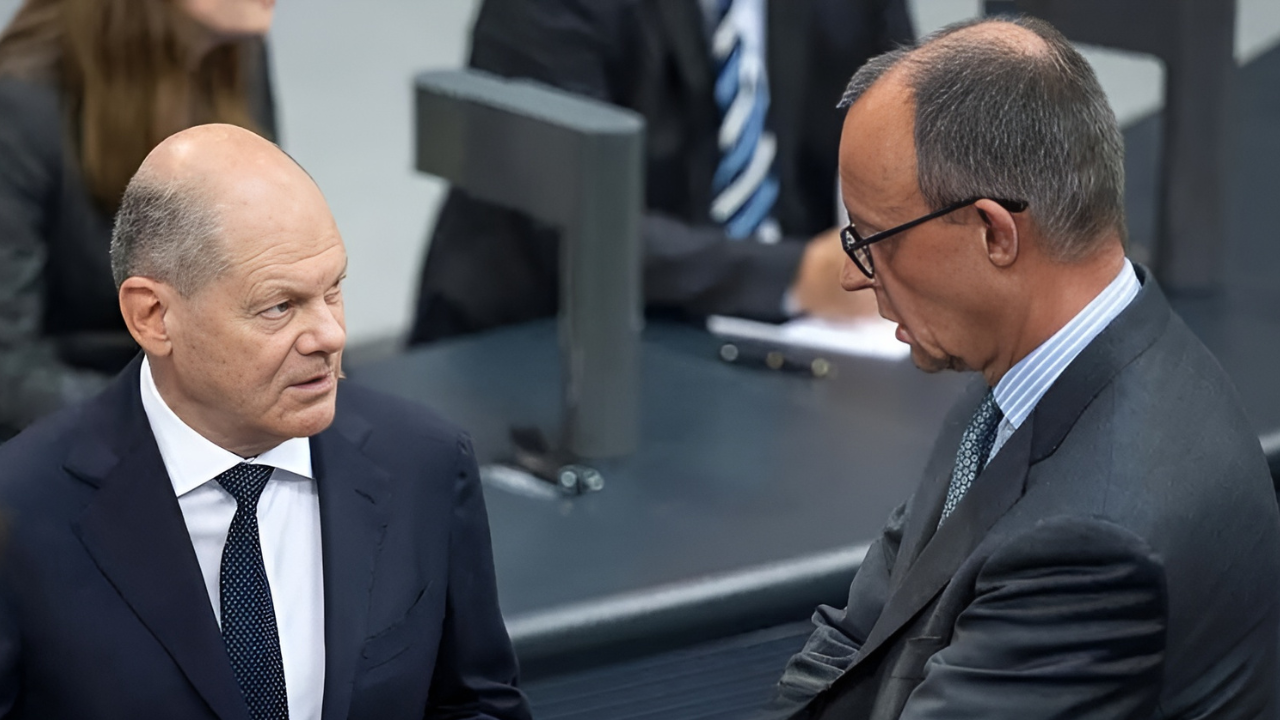The liberal parliamentary group has submitted a nine-point document to tighten immigration policy, which it aims to implement with the Traffic Light Coalition. The Free Democratic Party (FDP) seeks to change immigration policy so drastically that Germany becomes an undesirable place for foreigners who do not have the right to stay.
The FDP is exerting pressure on its coalition partners to approve the proposed anti-immigration measures, which incorporate demands from federal states governed by the Green Party. These proposals aim to expedite the processing of asylum seekers from countries with low chances of receiving recognition. However, the Green Party opposes these measures, arguing that many of them violate European law.
In a statement to the Welt newspaper, the parliamentary secretary of the Free Democratic Party, Stefan Tomai, said, “The signals coming from the states—even in those governed by the Greens and the Left in North Rhine-Westphalia, Baden-Württemberg, and Schleswig-Holstein—indicate that there is now a willingness to implement the migration transformation we are calling for. We welcome this, but it is not enough.”
The FDP advocates for a reduction in asylum benefits, particularly the financial assistance given to asylum seekers who must leave Germany to meet their basic needs, such as food, clothing, and housing. The party also calls for the cessation of all financial and in-kind benefits, except for those covering return travel costs.
The FDP document states, “If it is legally determined that someone is required to leave the country and has reasonable options to return to their home country, then, as outlined in the Dublin cases, benefits should be minimized. This reduction helps decrease the attraction effect and eliminates the incentive to evade deportation.”
The FDP’s actions are sparking controversy within the Traffic Light Coalition, particularly among Chancellor Scholz’s Social Democrats. Dirk Wiese, deputy of the party’s parliamentary group, stated that discussions regarding the security package aimed at changing immigration policy are still in progress. “In the Traffic Light Coalition, we need to be patient with these talks and avoid escalating the tone of the discussion,” Wiese emphasized. He cautioned that an exaggerated discourse only strengthens the right-wing agenda, urging the FDP to recognize the importance of clear regulations while also viewing immigration as a labor market opportunity.
The Alternative for Germany Party criticizes the Free Democratic Party’s document as inadequate. René Springer remarked, “The Free Democratic Party’s proposal to extend benefit reductions for those required to leave the country beyond Dublin cases completely ignores the actual problem.” He contends that anyone legally obligated to leave Germany and who does not do so voluntarily should be detained immediately until their deportation.
On the other hand, the Left party argues that reducing benefits would violate the minimum subsistence level. Clara Bünger, the Left’s expert on migration issues, stated, “The Free Democratic Party’s demand to effectively reduce benefits to zero for individuals required to leave the country contradicts the minimum subsistence level, which has been consistently upheld by the Federal Constitutional Court.” Bünger contends that this principle applies to those obligated to leave the country, rendering the Free Democratic Party’s proposal unconstitutional.
Daniel Thieme, an expert in foreign law, agrees with Bünger, asserting that the FDP’s proposal encounters substantial legal challenges. Thieme explains that lowering benefits to subsistence level for individuals compelled to leave the country poses a significant risk of litigation; if benefits were completely eliminated, this risk would increase even further.





